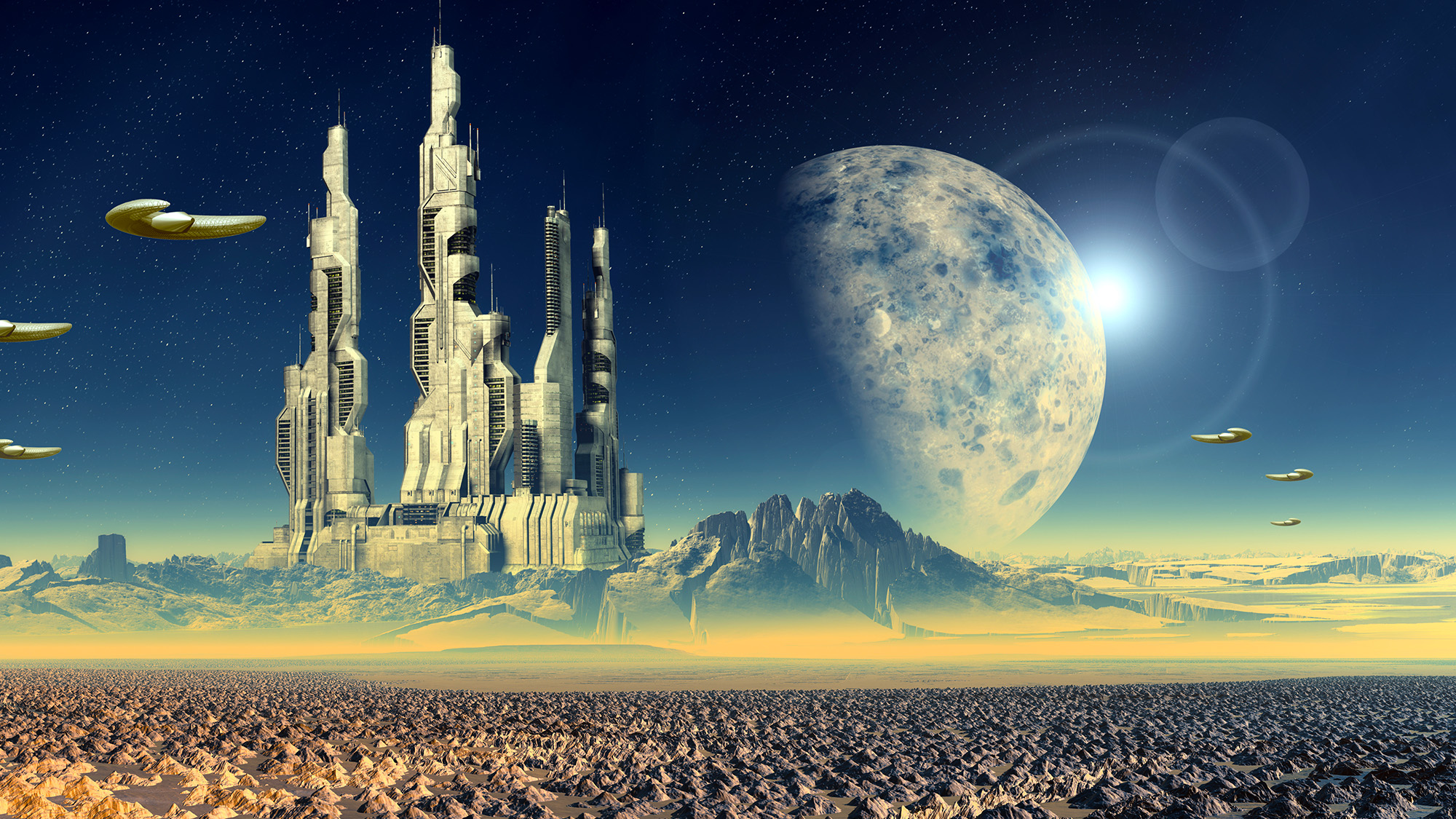The search for extraterrestrial life has fascinated humanity for centuries. While most of the focus has been on finding life beyond our solar system, recent discoveries suggest that the possibility of extraterrestrial life in our own solar system may be greater than previously thought. In this blog, we'll explore some of the places in our solar system where scientists think extraterrestrial life may exist.
Mars
Mars has long been a focus of interest for astrobiologists due to its similarities to Earth and the presence of water in its past. Recent discoveries by NASA's Curiosity rover have confirmed the presence of organic molecules, which are the building blocks of life. In addition, there is evidence of liquid water beneath the planet's surface, which could potentially support microbial life.
Europa
Europa is one of Jupiter's moons and is thought to have a subsurface ocean of liquid water beneath its icy surface. This ocean is heated by the moon's internal heat, which could create hydrothermal vents similar to those on Earth, which support diverse ecosystems of life. The possibility of life on Europa has led to plans for a mission to explore its ocean in the next decade.
Enceladus
Enceladus is one of Saturn's moons and has also been found to have a subsurface ocean of liquid water. In addition, the Cassini spacecraft detected plumes of water vapor and organic molecules coming from the moon's surface, suggesting the presence of hydrothermal vents. These vents could provide the energy and nutrients needed for life to exist.
Titan
Titan is one of Saturn's moons and is the only known moon with a thick atmosphere. It also has lakes and rivers of liquid methane and ethane on its surface, which could provide a unique environment for life. While it is unlikely that life as we know it could exist on Titan, some scientists speculate that methane-based life forms could exist there.
In conclusion, the possibility of extraterrestrial life in our own solar system is an exciting area of research. While the search for life beyond our solar system continues, exploring the potential habitats for life in our own neighborhood could provide important clues to the origins and evolution of life in the universe. The discovery of extraterrestrial life, even if it is microbial, would be a monumental achievement that would change our understanding of the universe and our place in it.

